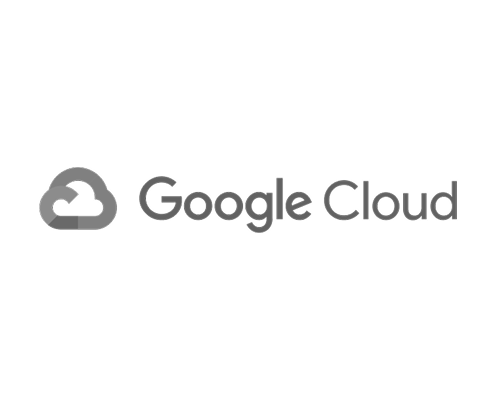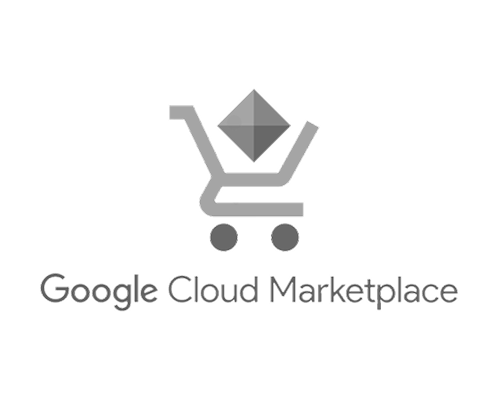Measurement is journalism, not advocacy
The platforms selling you ads can't tell you if they're working

I hated baseball combine days — or “scout days.” For high-level amateur and professional players, these are days you are put through your paces in a lab-like environment in front of an army of observers. I had to throw, hit, and run on the clock to see how my measurements stood up versus a field of aspiring players.
When I was playing well, I would still dread scout days. Why? I just wanted to play the next game, so I could go 3 for 4 with 2 RBI (runs batted in). Can’t I just be left alone to perform?
As bad as they were when I felt I’d do well, it was miserable to be measured when I wasn’t at my best. Running slow, throwing weak, or hitting soft were all things that could tell me a painful truth that I’d have to confront and address. When my game wasn’t sharp, scout days we’re unbearable.
I wasn’t alone. Ask any player or former player, and you’ll probably get the same reaction. Players are human beings, and humans don’t like being measured. The same thing plays out every single day in marketing.
Advocacy sells
It happens to every class of marketing measurement product or platform. No matter how noble intentions begin, everyone’s product shifts to promote results that advocate for dollars flowing into marketing and advertising, as opposed to reporting the unbiased truth of how dollars actually drive the bottom line. In the end, these tools become advocacy platforms for marketing and marketers, wrapping numbers around a shared agenda.
We will say you are doing well so you can advocate for your budgets to your board, and we will take a share of those budgets as a ‘thank you’ for your advocacy.
Why does this happen? Simple. Marketers are the buyers of marketing measurement. Advocacy sells.
Ad platforms can’t measure: they only advocate
There’s no cohort closer to the marketing practitioner and agency ecosystem than those working on the business side of the major ad platforms. For almost twenty years, advertisers inhabited a world where the folks with the most data available related to marketing performance were the ad platforms themselves: impression data, click data, conversion data — you name it, they had it.
Major ad platforms produce plenty of great datasets and data scientists. They release Python packages, workflows, and utilities that make generating analyses easier than ever. As helpful as that might be, the only essential thing you need marketing measurement to do — produce analysis that says, when true, that their ads didn’t work — is the one thing their tools can never do.
This poses a major problem if you want to use measurement tools produced by ad platforms to grow your business, your marketing performance, and the budgets available for both.
Measurement is journalism
There’s a single path to iterative, profitable growth from data-driven marketing: frequently evaluating and identifying areas of your marketing mix that are not working, divesting from those strategies, and reinvesting those savings into remaining effective efforts. To see what investments aren’t working, your measurement must be rooted in the truth.
We have a word for reporting the truth: journalism.
- Measurement as journalism is the only legitimate approach.
- Measurement as journalism forces teams to face uncomfortable truths.
- Measurement as journalism forces companies to adopt change.
Truthful reporting leads to iterative improvement. Iterative improvement means more business returns — better sales numbers, better profit numbers, and for marketers, bigger budgets and paydays. Though this is true, this isn’t the easy path, nor the well worn one. Just like I will try any fad diet or get-healthy-quick scheme instead of doing the hard work of consistent exercise and eating right, businesses will look for every conceivable possible way to improve before turning to better measurement.
- Sales down? Let’s try a new affiliate network.
- CPCs up? Let’s fire our agency.
- Conversion rates down? Let’s push a flash sale.
Advocacy pays today by borrowing from tomorrow
Tools that advocate for advertising spend will always appeal to marketers more than ones that report the truth. Sadly, advocating for advertising spend can’t help grow a business. Marketing measurement tools that cheerlead for marketing eventually kill marketing investments, disenfranchise marketing teams, accelerate the demise of businesses, and undermine industries.
On top of that, they ruin the credibility of marketing analytics and measurement science in general. Unfortunately, it’s deserved. Broadly speaking, marketing measurement technology becomes advocacy, given enough time and pressure to sell. In short, it’s not good. It pisses me off.
There have been many, many marketing measurement services, tools, and platforms that launched after Bonsai began (<5 years ago) that have already closed up shop. Others have divested from the space, pivoted to other strategies, been acquihired, or otherwise folded into a larger ecosystem of advertising advocacy.
I know this because I’ve seen it happen in my own digital echo chamber, which includes many peers in the space. Calling it out for what it is will not make me friends. It happens because of these two dynamics:
- No one — not even your most altruistic friend — likes measurement.
- Advocacy always sells better than journalism.
We better be ready to fight
To build a platform that delivers only the truth, yet gets adopted by the world’s most important businesses, knowing they’ll turn to everything else before seeking the truth, is a daunting task. There are much easier ways to make a quick buck in marketing technology. What does it take to succeed?
- It requires a passion to champion the real economic impact on brands brave enough to face their fears.
- It means ignoring the call to give people what they want to hear to sell a deal a little faster.
- It asks for a singular resolve.
- It instills clarity — what companies say are never how they feel.
- But most of all, it demands an unwavering optimism. Cynicism has no place, because the challenge is immense.
For me personally, you’ll find me pursuing this objective because I see everyday what it means for companies locked into the advocacy death spiral. Convincing your CFO to invest in marketing isn’t marketing’s existential problem. Growing your business profitably through marketing is — and has always been — your team’s existential problem.
Not every business can grow, and marketing can’t save every business, but the solution to short and long term success for any business remains the same regardless: grow your customer base, retain more of them, and do so without costs exceeding long term customer returns. That’s it.
It’s not particularly fun to share such blunt facts, but when adopted and implemented, it’s beyond rewarding to see companies transformed, and the lives of the marketers who delivered it improved.
Journalism doesn’t sell, but it changes the world
Marketing measurement becomes meaningful as journalism. Journalism doesn’t sell as well as advocacy. But journalism has sold — and can sell again.
Truthful stories lack superlatives and praise, but they can contain deep caring, empathy, and belief in their audience. Truthful marketing measurement must always remember that no one — not even your most altruistic friend — likes measurement, and when subjecting those you care about to things they do not like, you must do so with care, grace, and compassion for what you will together achieve once you’ve faced the truth.
Who’s up for the challenge?




